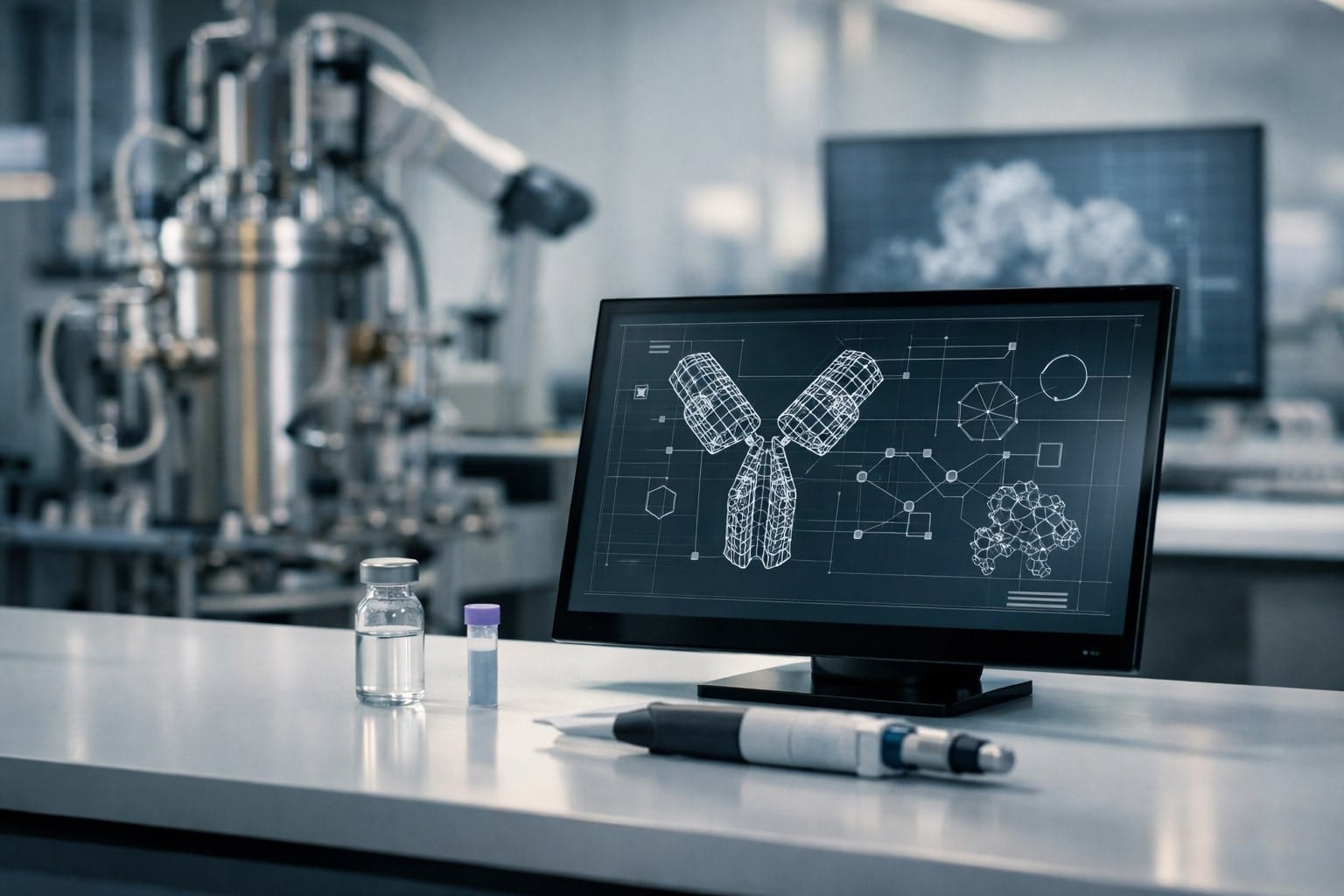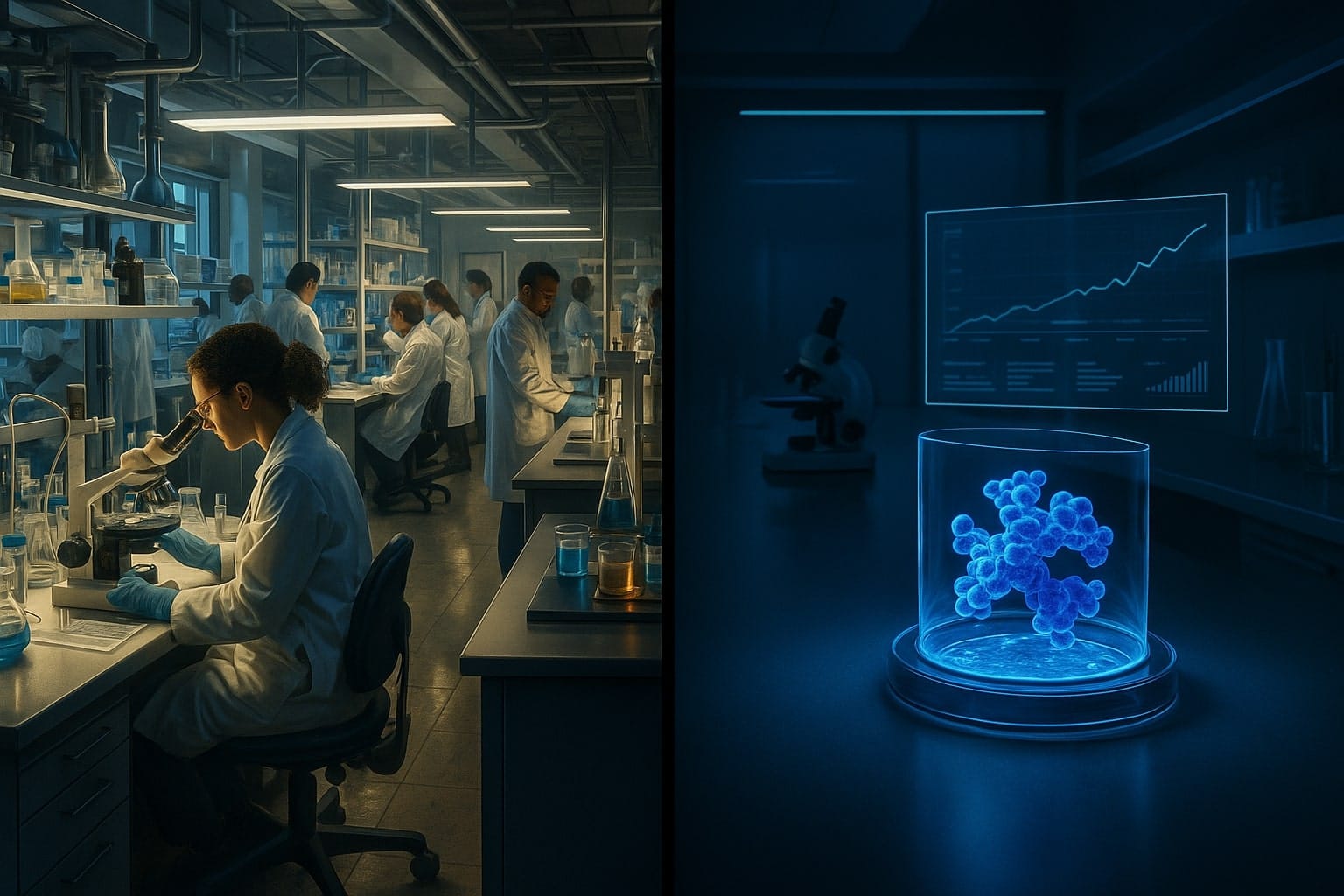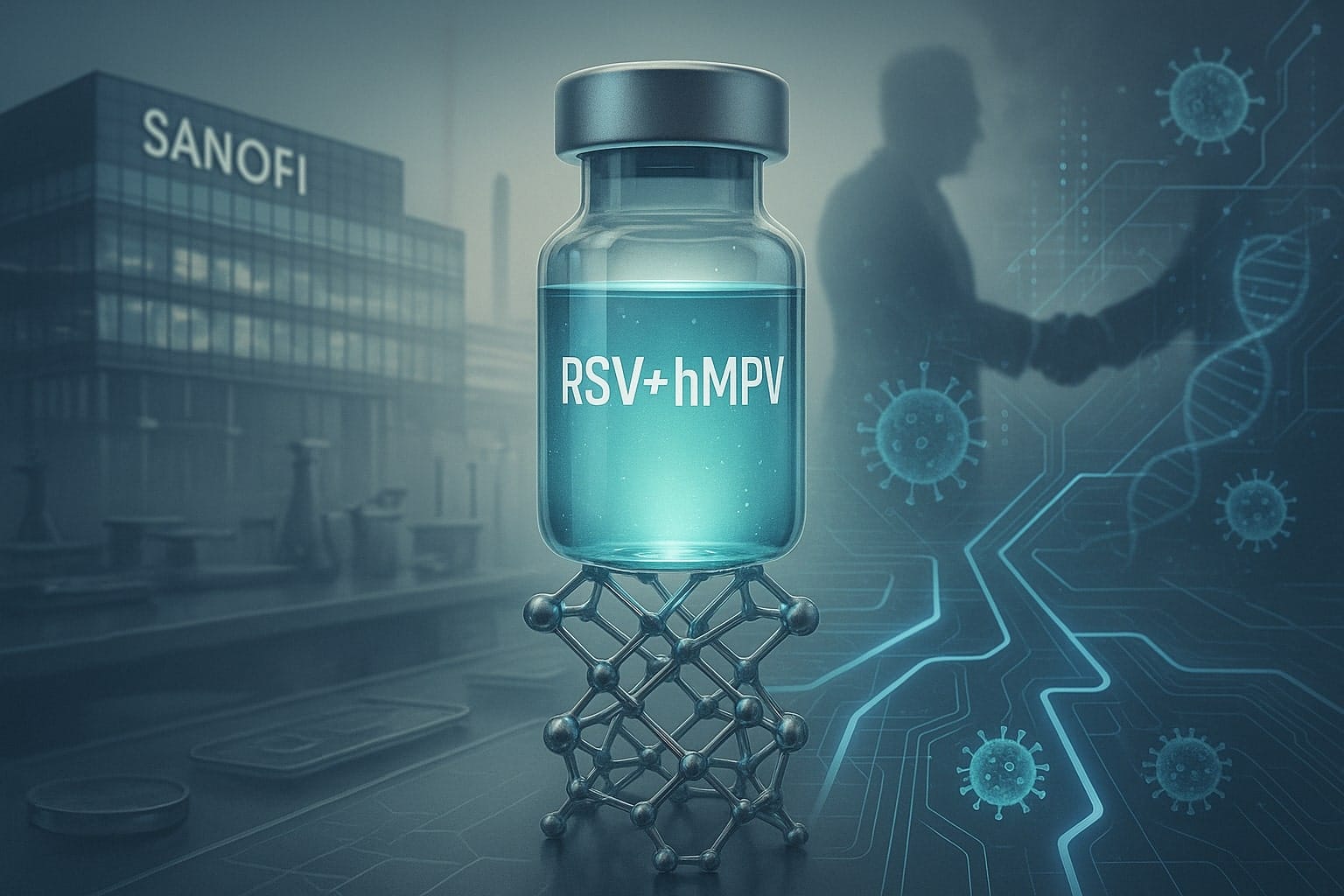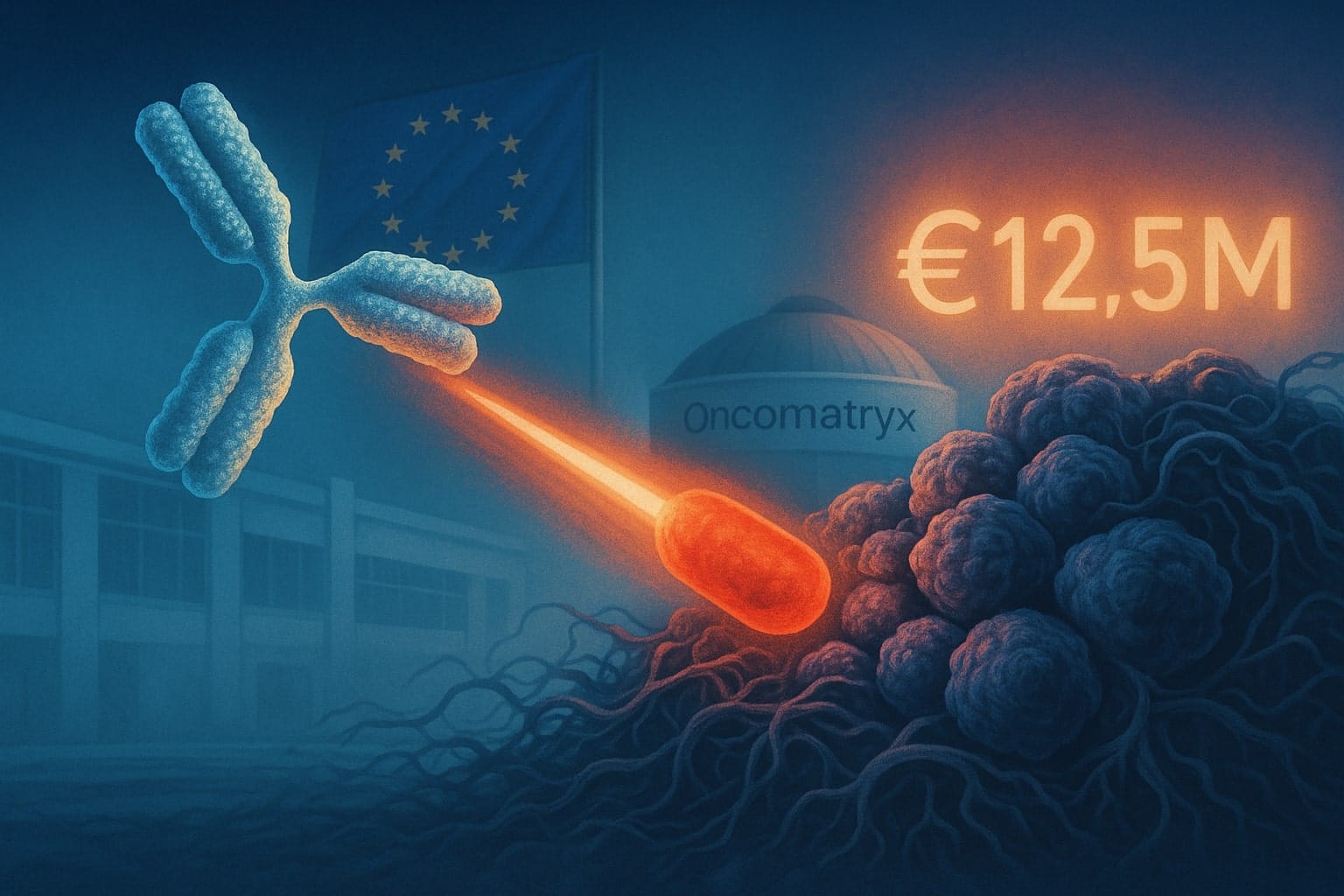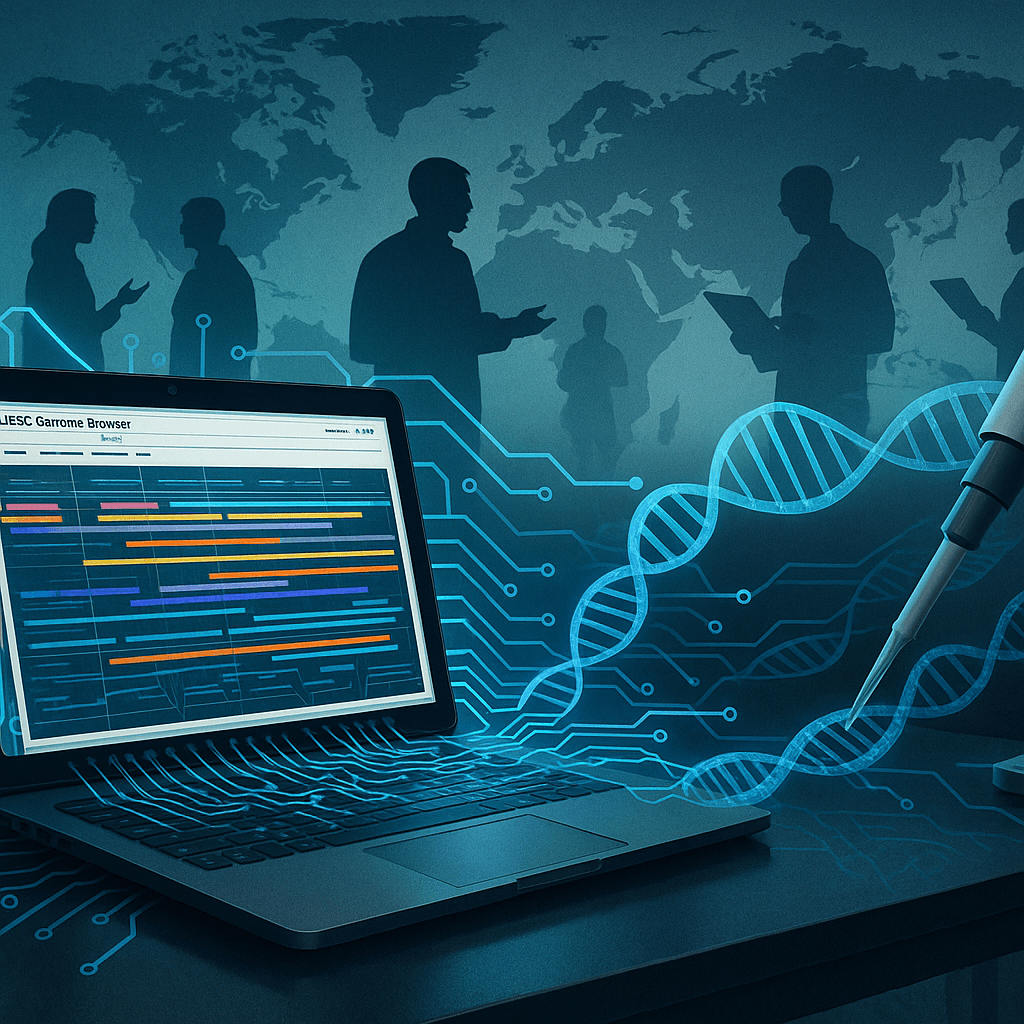Draupnir Bio, a cutting-edge biotechnology company, has successfully raised €12 million in equity investments to advance its innovative approach in targeted protein degradation (TPD). This recent funding round, led by MP Healthcare and the Export and Investment Fund of Denmark (EIFO), marks a significant milestone for the company as it seeks to revolutionize the treatment of complex diseases by targeting extracellular proteins. This investment follows previous rounds, bringing the total funds raised by Draupnir Bio to approximately €42 million.
Table of Contents
ToggleBackground
Draupnir Bio was founded in 2017 as a spin-out from Aarhus University, Denmark, and the Max-Planck Society, Germany. The company is based in Copenhagen, with research operations centered in Aarhus. Draupnir Bio was co-founded by Professors Simon Glerup, Camilla Gustafsen, Peder Søndergaard Madsen, and Peter Seeberger, leveraging breakthrough scientific findings in the field of protein degradation.
The company’s mission is to develop first-in-class therapeutics that utilize the natural machinery of lysosomes to degrade disease-causing proteins that are traditionally difficult to target with conventional therapies. This innovative approach extends the potential of protein degradation to extracellular and membrane-bound proteins, addressing a significant portion of the human proteome that has remained out of reach for existing TPD methods.
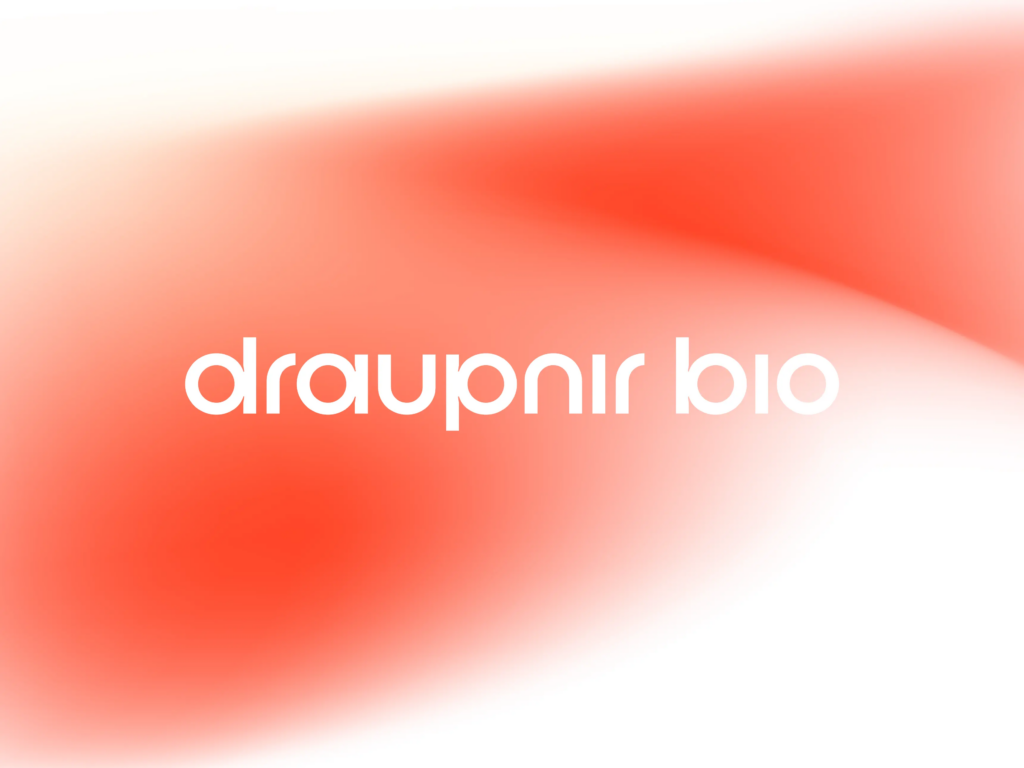
Details of the Funding Round
The latest €12 million investment round was spearheaded by MP Healthcare, the investment arm of Mitsubishi Tanabe Pharma Corporation, and the Export and Investment Fund of Denmark (EIFO). This funding is earmarked to propel Draupnir Bio’s preclinical pipeline, focusing on the development of oral small molecule protein degraders that target extracellular and membrane-bound proteins.
Notable investors in Draupnir Bio also include Gilde Healthcare Partners, Inkef Capital, and Novo Holdings, which have supported the company through previous funding rounds. These investments reflect a strong belief in Draupnir Bio’s potential to pioneer new treatments for diseases that are currently difficult to address with existing therapeutic options.
By securing this latest funding, Draupnir Bio is well-positioned to advance its research and development efforts, bringing innovative therapies closer to clinical application and potentially transforming the landscape of drug development.
Technological Innovation
Draupnir Bio is at the forefront of protein degradation technology with its proprietary Sortilin-based Lysosome Targeting Chimera (SORTAC) platform. This innovative technology aims to target extracellular and membrane-bound proteins for degradation, which constitute a significant portion of the human proteome. The SORTAC technology leverages the lysosomal receptor sortilin to facilitate the uptake and degradation of disease-causing proteins outside of cells. This approach is particularly significant because traditional methods of protein degradation, such as PROTACs, are limited to intracellular proteins.
The SORTAC platform consists of a small molecule that binds to sortilin, linked to another small molecule that binds to the extracellular disease protein. This ternary complex is internalized by the cell, where the disease protein is degraded within the lysosome. Notably, the sortilin receptor and the SORTAC molecules are recycled, allowing for multiple rounds of protein degradation. This technology expands the potential therapeutic targets to include proteins that were previously undruggable, offering new treatment avenues for a variety of diseases.
Implications for Drug Development
The advancement of Draupnir Bio’s SORTAC technology holds significant promise for the field of drug development. By enabling the degradation of extracellular and membrane-bound proteins, Draupnir Bio addresses a critical gap in the current therapeutic landscape. Approximately 40% of the human proteome is composed of these proteins, many of which are implicated in various diseases but have remained untargeted by existing therapies.
The ability to target these proteins opens new possibilities for treating diseases that involve extracellular proteins, such as certain cancers, cardiovascular diseases, and neurological disorders. Draupnir Bio’s approach could lead to the development of oral small molecule therapies that are easier to administer and more effective in reaching their targets. This innovation not only broadens the scope of protein degradation but also enhances the potential for creating more specific and less toxic treatments.
Future Plans
With the recent €12 million funding, Draupnir Bio plans to advance its preclinical pipeline and further develop its SORTAC technology. The company aims to focus on creating oral small molecule degraders that can target both validated and traditionally challenging protein targets. This funding will support the ongoing research and development efforts necessary to bring these innovative therapies closer to clinical application.
Draupnir Bio is building a risk-diversified preclinical pipeline, targeting multiple disease areas with unmet therapeutic needs. The broad applicability of the SORTAC platform across various tissues and disease states underscores the potential impact of their technology on the biotech industry. As Draupnir Bio continues to advance its research, the company is poised to make significant contributions to the field of targeted protein degradation and the development of novel therapeutics.
Industry Context
Draupnir Bio’s advancements come at a time when the biotech industry is witnessing a shift in investment focus. Venture capital firms are becoming more selective, with a notable trend towards funding clinical-stage companies with experienced management teams. Despite this, Draupnir Bio’s innovative approach and strong preclinical pipeline have successfully attracted significant investment. This reflects a broader industry trend where investors are increasingly looking for groundbreaking technologies and therapies that can address previously unmet medical needs.
Moreover, the broader economic environment, influenced by factors such as the Federal Reserve’s interest rate policies, is shaping investment patterns in the biotech sector. Companies like Draupnir Bio that offer innovative solutions and have strong scientific foundations are well-positioned to attract funding and partnerships. This environment also sees a growing emphasis on mergers and acquisitions as viable exit strategies, given the fluctuating IPO market.
Conclusion
Draupnir Bio’s recent €12 million funding round is a testament to the company’s potential to revolutionize the field of targeted protein degradation. By focusing on extracellular and membrane-bound proteins, Draupnir Bio addresses a significant portion of the human proteome that has remained largely untargeted by existing therapies. The company’s proprietary SORTAC technology not only broadens the scope of protein degradation but also enhances the potential for creating more specific and effective treatments.
As Draupnir Bio continues to advance its research and development efforts, it is poised to make significant contributions to the biotech industry. The company’s innovative approach and strong leadership position it well to bring novel therapies to market, potentially transforming the treatment landscape for various complex diseases.






